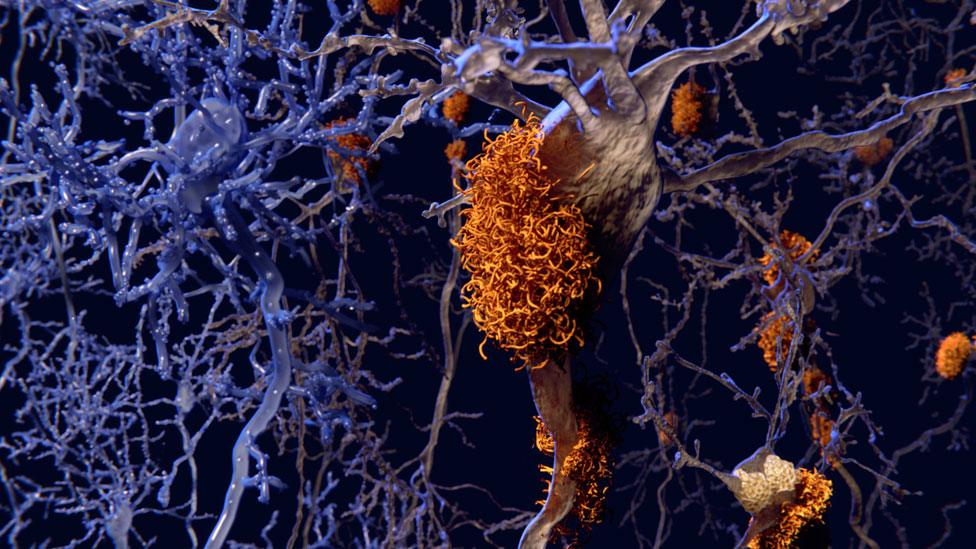Thousands of young dementia sufferers 'undiagnosed'
- Published
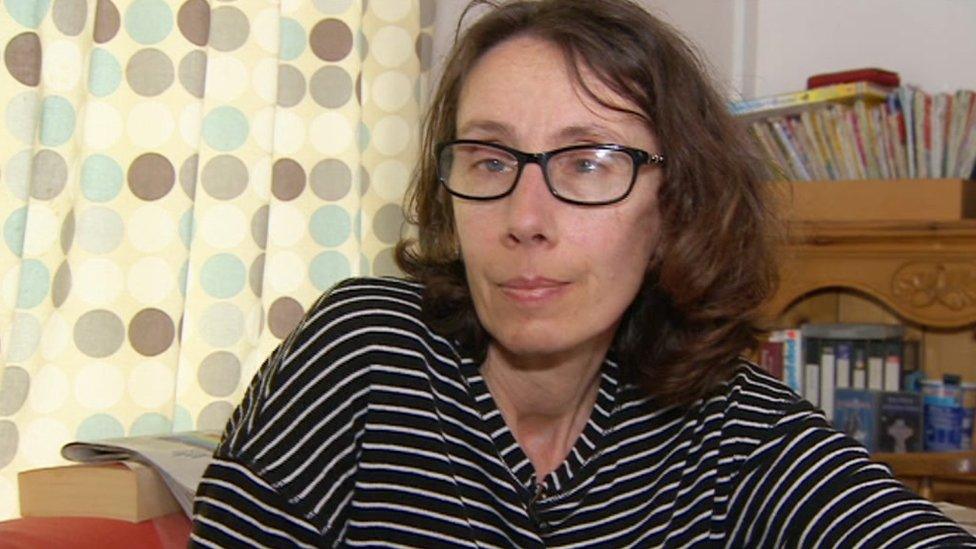
Elin ap Hywel was diagnosed with early onset dementia aged 56
As many as 2,000 younger people in Wales could have undiagnosed dementia, a charity has warned.
Alzheimer's Society Cymru is calling for training to help GPs to recognise the symptoms and to improve diagnosis.
Welsh Government records suggest that around 500 people under 65 were diagnosed with early onset dementia in 2017-18.
However the charity suggests the real figure could be five times that number at about 2,500.
Elin ap Hywel, 57, of Llanilar, near Aberystwyth, is a poet but has been unable to write poetry since her symptoms developed.

Elin ap Hywel published her first collection of poems when she was 17, but is now unable write poetry
She said she was "terrified" before her diagnosis last year and has now had to stop working and driving.
"There was something in my brain that had decided that it didn't want to do anything," she said.
"It was frightening. It's very hard to explain it, but it's horrible.
"I couldn't understand what my partner was saying. It was just terrifying.
"I remember we were on holiday in Hamburg when I first noticed it. We were hoping for a beautiful getaway but I was completely locked up and thinking 'what if I lose them?' I can't speak German."
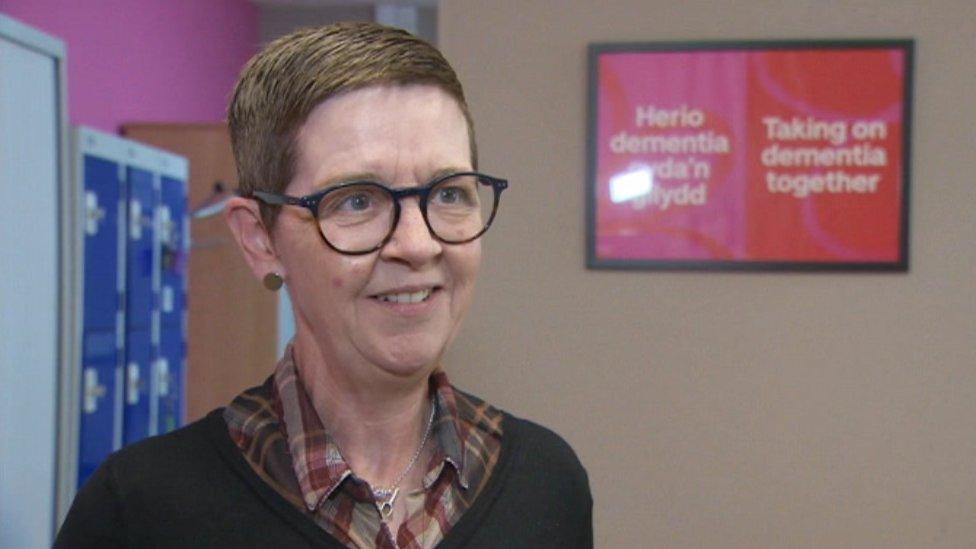
'"If GPs thought about dementia, they may investigate further," say Alzheimer's Society Cymru
About 40,000 people in Wales live with the condition that is often associated with older people.
However Alzheimer's Society Cymru said there needs to be more awareness of early onset dementia.
They warned that younger patients are sometimes misdiagnosed as having anxiety, depression or the menopause.
Menna Boynes, from the charity, said: "It's not just the public who think that dementia is an older people condition.
"If a young person goes to their GP with symptoms, dementia as a possibility doesn't occur to a GP at that stage. If [they] had training, that would improve diagnosis rates."
Dr Claudia Metzler-Baddeley explains how Alzheimer's disease looks in the brain
The Welsh Government said it has launched a learning and development group within its dementia action plan to ensure medical staff have greater knowledge and skills.
Elin ap Hywel is part of the largest group of early onset patients in the world, gathered by the Cardiff University Dementia Research Group in an attempt to identify genes which increase or decrease the risk of the disease.
Alun Meggy, from the research group, said, "Developing a treatment is the holy grail - but there's a long way to go."
- Published17 June 2019
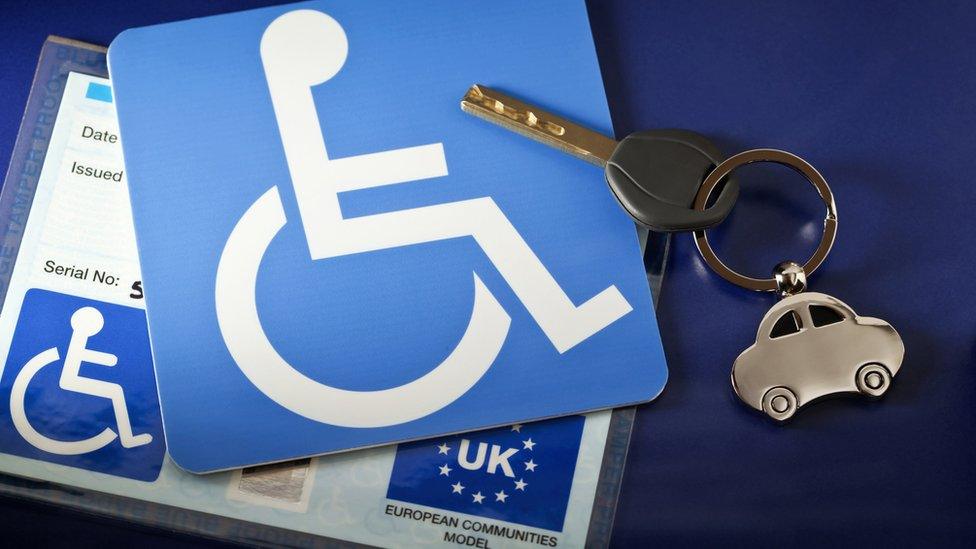
- Published21 May 2019
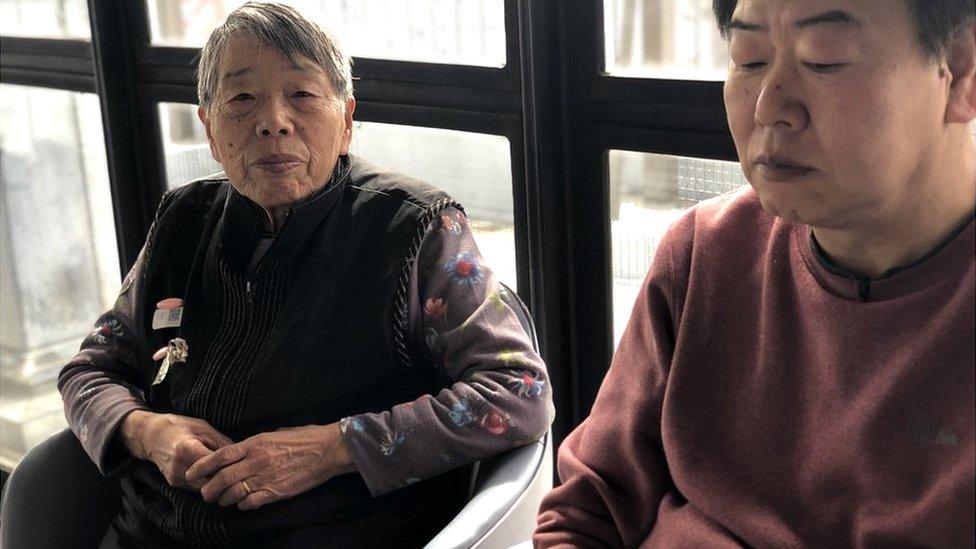
- Published22 May 2019

- Published23 May 2018
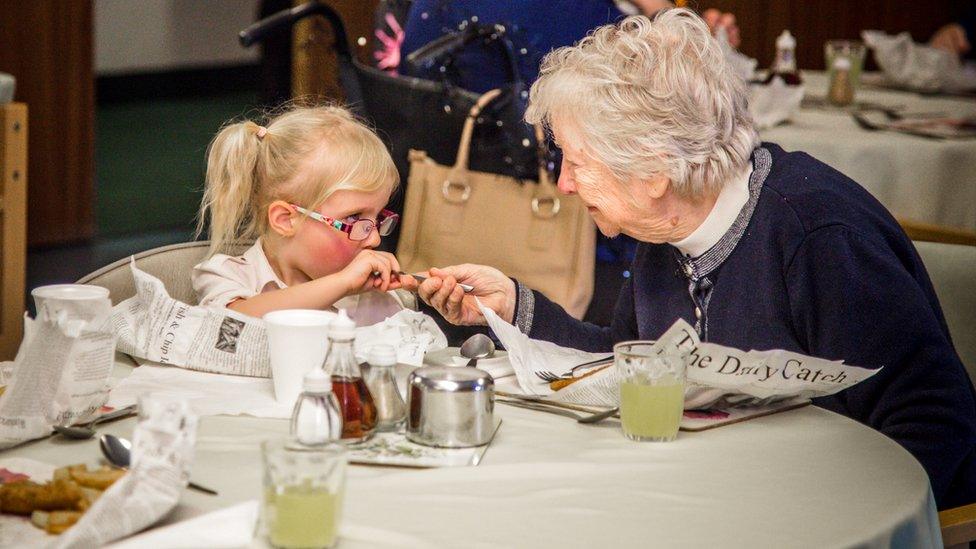
- Published25 October 2018

- Published20 May 2016
